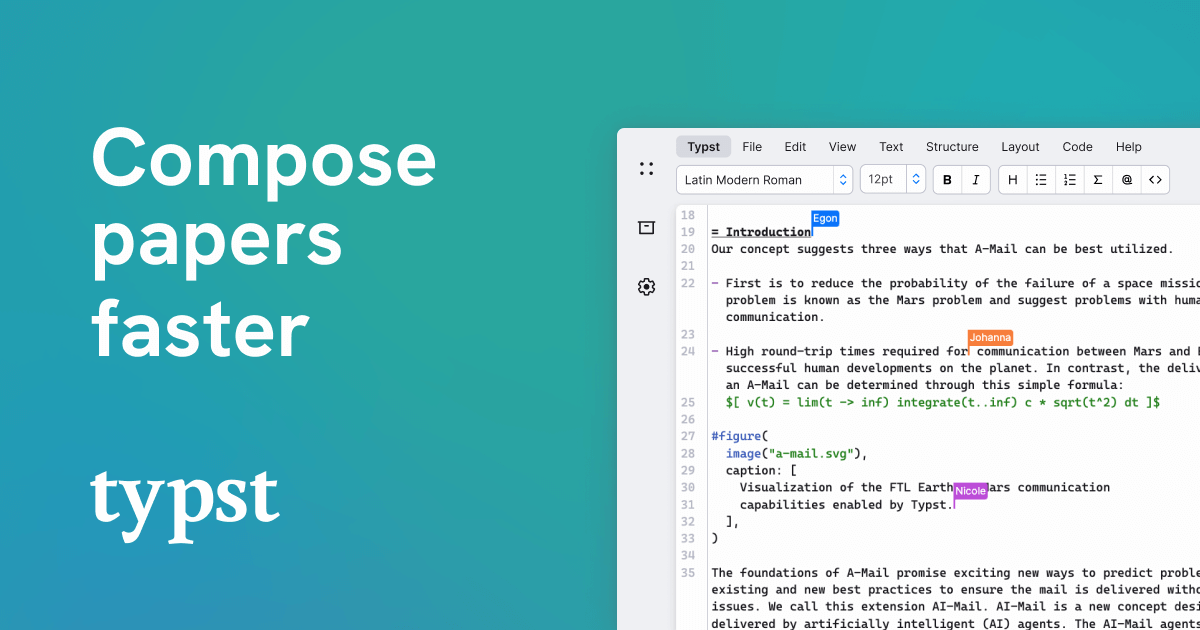It would be much easier to read if it was actually table, i.e., if hex codes and the characters were separated into their own columns.
I’m confused, what does this have to so with typst?
A good ASCII table makes it easy to find the effects of the Shift and Ctrl keys. Like, at a glance, I should be able to answer questions like “which control character corresponds to
^V?”On a Unix terminal, the Shift key zeros out bit 6 and the Ctrl key zeros out both bits 6 and 7. (And the Alt key sets bit 8.)
In
man asciion Linux, it’s trivial to see that^Vis SYN.Why is it better?
No, I don’t think you did.
What’s wrong with
man ascii?What’s wrong with EBCDIC?
How is breaking a decades-old relied-upon standard better?
What do you mean, “breaking”? This isn’t a new encoding scheme, it’s an informational page showing ASCII encoding.
Love typst! I’m looking forward to writing RPGs in it some day :)
Very useful!
Would be nice to have an additional checkbox for enabling that a purely numeric input also shows the number characters.
E.g. with input: “32”
- Unchecked: Shows just the space character (same behaviour as of now)
- Checked: Shows the space character, “2” and “3”
The “octal” toggle replaces decimal, not hexadecimal contrary to its label.






